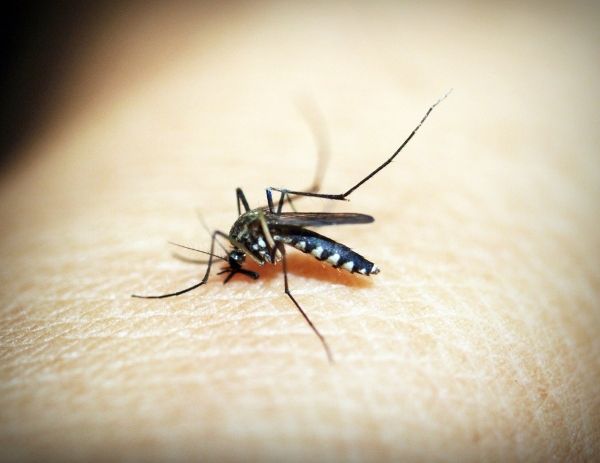The slowdown in global warming that was observed at the end of last century was reflected by a decrease in malaria transmission in the Ethiopian highlands, according to a study led by the Barcelona Institute for Global Health (ISGlobal), an institution supported by "la Caixa" Foundation, and the University of Chicago. The results, published in Nature Communications, underscore the close connection between climate and health.
For several years there has been a heated debate on the impact of global warming on malaria incidence. It is believed that the largest effect could occur in the highlands, where lower temperatures limit vector abundance, leading to intermittent and seasonal disease outbreaks. "We see that malaria epidemiology in these areas is strongly under climate control at all scales (months, years and even decades), which settles once and for all the debate on whether climate change is affecting or not the dynamics of malaria in Africa", says Xavier Rodó, Head of the Climate and Health Programme at ISGlobal and first author of the study.
At the turn of the century, a clear decrease in malaria incidence was observed in East Africa. This decline could be simply the result of disease control measures, or could reflect the temporary slowdown in increase in global mean surface temperature, a phenomenon that was observed between 1998 and 2005.
Read more at Barcelona Institute for Global Health (ISGlobal)
Photo Credit: 41330 via Pixabay


